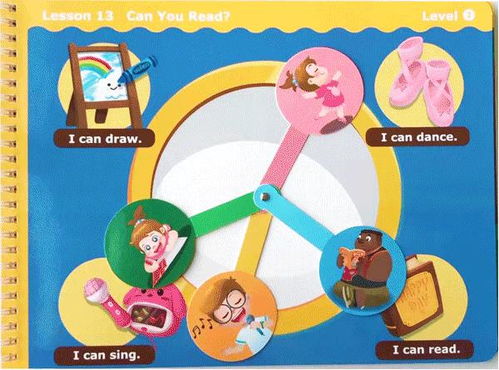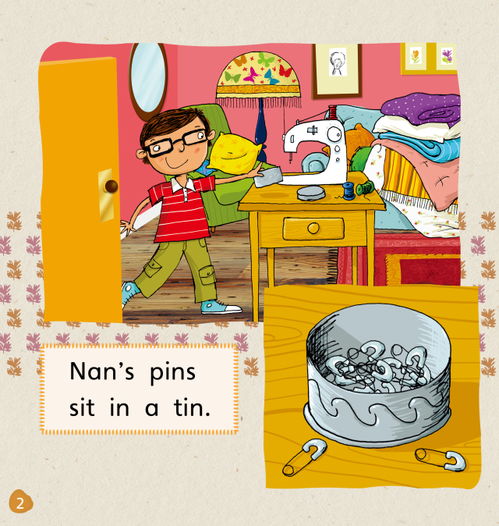
Integrating educational games into English classrooms has become a popular trend in modern education. These games not only make learning fun but also enhance students' engagement and retention of information. In this article, we will explore various types of educational games that can be used in English classes, their benefits, and how they can be effectively implemented.

One of the primary advantages of using educational games in English classrooms is the increased motivation and interest among students. Games provide a more interactive and engaging learning experience, which can help overcome the monotony of traditional teaching methods. Additionally, these games can offer the following benefits:
Improved language skills through practical application.
Enhanced cognitive development, such as problem-solving and critical thinking.
Increased collaboration and teamwork skills.
Reduced anxiety and stress during learning activities.

There are numerous educational games that can be adapted for English language learning. Here are some popular types:
Word Games
Role-Playing Games (RPGs)
Board Games
Interactive Storytelling Games
Memory and Matching Games

Word games are excellent for building vocabulary and reinforcing spelling skills. Some popular word games include:
Scrabble: A classic word game that can be adapted for English language learners.
Word Search: Students search for hidden words within a grid of letters.
Word Scramble: Students unscramble letters to form words.

RPGs allow students to immerse themselves in a fictional world while practicing their English language skills. Here are a few RPGs that can be used in English classes:
Role-Playing Scenarios: Create scenarios where students can practice dialogues and role-play different characters.
English Adventure Game: A game where students navigate through a virtual world, solving problems and completing tasks in English.
Storytelling RPG: Students create their own stories and characters, using English to develop the narrative.

Board games are a great way to make learning English interactive and fun. Some popular board games for English classes include:
Taboo: Students must describe a word without using certain trigger words.
Simon Says: A classic game that can be used to practice commands and instructions in English.
20 Questions: Students ask yes-or-no questions to guess a mystery word.

Interactive storytelling games encourage students to think creatively and use their English language skills. Here are a few examples:
Story Cubes: Students roll dice to create a story, using the images on the cubes as inspiration.
Choose Your Own Adventure: Students read a story and make choices that affect the outcome.
Role-Playing Stories: Students act out a story, taking turns to add dialogue and actions.

Memory and matching games are excellent for reinforcing vocabulary and grammar concepts. Some popular games include:
Concentration: Students match pairs of cards with the same word or image.
Memory Match: Similar to concentration, but with more cards and a timer to add challenge.
Word Search Puzzles